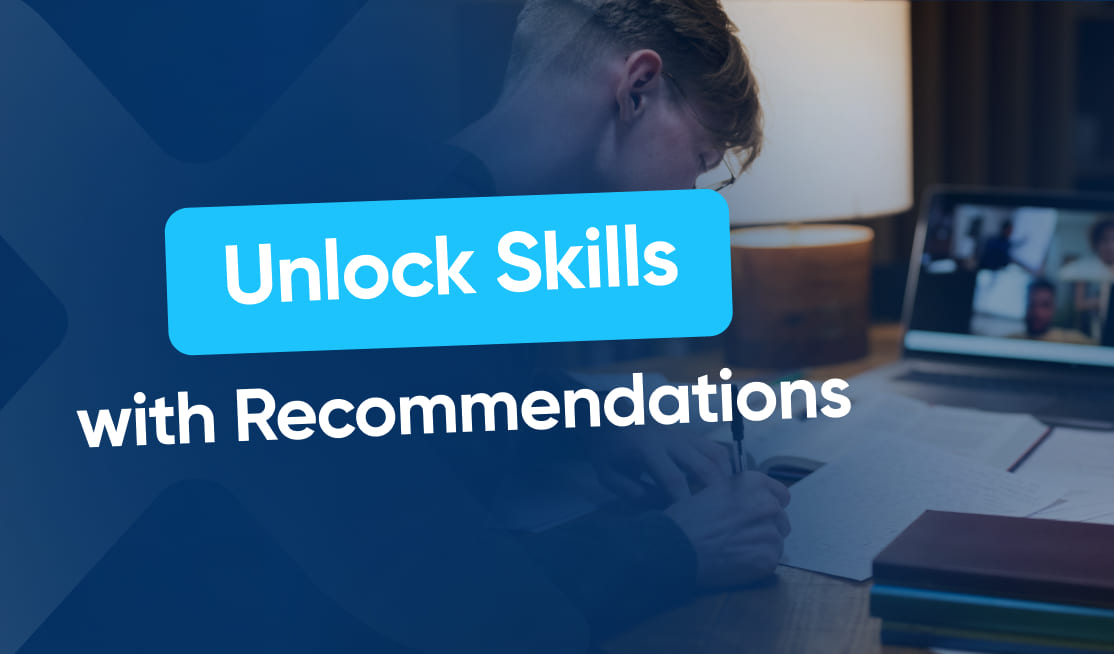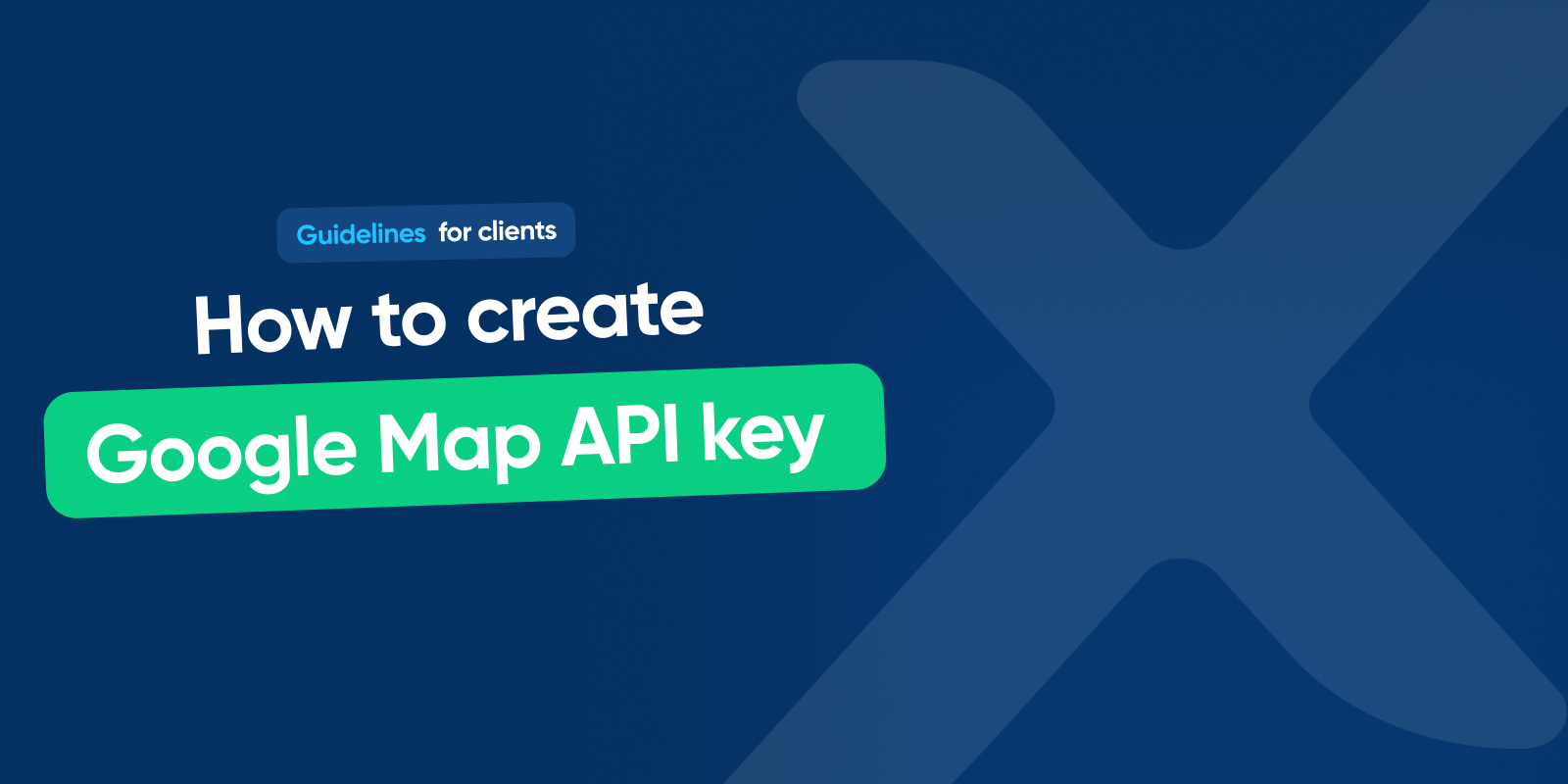Recommended Books, Courses, and Online Platforms for Learning Web Development

In today’s digital age, web development has become an essential skill for anyone looking to venture into the world of technology. Whether you want to build your own website, pursue a career as a web developer, or simply enhance your technical knowledge, there are several excellent resources available to help you get started. In this article, we will explore the best books, courses, and online platforms for learning web development.
Understanding Web Development
Web development plays a crucial role in our modern society. With the increasing reliance on the internet for various tasks, from shopping to communication, having the ability to create and maintain websites is more important than ever. By learning web development, you gain the power to express your creativity, build functional and user-friendly websites, and even contribute to the digital economy.
When you delve into the world of web development, you open yourself up to a vast array of opportunities. The ability to code and design websites gives you the freedom to bring your ideas to life and create digital experiences that can reach millions of people around the world. Whether you’re building a personal blog, an e-commerce platform, or a corporate website, web development allows you to leave your mark on the digital landscape.
The Importance of Learning Web Development
Learning web development is not just about acquiring technical skills; it’s about embracing a mindset of continuous learning and adaptability. The field of web development is constantly evolving, with new technologies and frameworks emerging regularly. By staying up-to-date with the latest trends and advancements, you can ensure that your websites are modern, efficient, and compatible with different devices and browsers.
Moreover, web development is a highly sought-after skill in today’s job market. Companies across industries are in need of web developers to create and maintain their online presence. Whether you’re looking to join a tech startup, a creative agency, or even start your own freelance business, having web development skills can significantly enhance your career prospects.
Key Skills Required in Web Development
Before diving into the world of web development, it’s essential to understand the key skills you’ll need to acquire. These skills include proficiency in HTML, CSS, JavaScript, and knowledge of web design principles. HTML (Hypertext Markup Language) is the backbone of every webpage, providing the structure and content. CSS (Cascading Style Sheets) is responsible for the visual presentation, making websites visually appealing and engaging. JavaScript, on the other hand, adds interactivity and dynamic features to websites, allowing users to interact with the content.
Additionally, familiarity with frameworks such as React, Angular, or Vue.js can help you develop dynamic and interactive websites. These frameworks provide pre-built components and libraries that simplify the development process and enhance the user experience. By leveraging these frameworks, you can create responsive and feature-rich websites more efficiently.
Finally, having a strong understanding of server-side programming languages like PHP or Python can elevate your web development skills to the next level. Server-side programming allows you to handle data processing, database management, and server communication, enabling you to build more complex and robust web applications.
In conclusion, web development is a multifaceted field that requires a combination of technical skills, creativity, and adaptability. By learning web development, you not only gain the ability to create functional and visually appealing websites but also open doors to exciting career opportunities. So, whether you’re a beginner or an experienced developer, investing in web development skills is a decision that can reap rewards for years to come.
Recommended Books for Web Development
Comprehensive Guides for Beginners
If you are new to web development and looking for a comprehensive guide to get started, there are several books that come highly recommended. “HTML and CSS: Design and Build Websites” by Jon Duckett provides a visually appealing introduction to the fundamentals of HTML and CSS. The book not only covers the basic syntax and structure of HTML and CSS but also delves into topics like responsive design and best practices for web development. With its beautifully designed pages and clear explanations, this book is a great choice for beginners who want to learn web development in a visually engaging way.
Similarly, “JavaScript and JQuery: Interactive Front-End Web Development” by the same author offers a comprehensive overview of JavaScript and the powerful JQuery library. The book takes a hands-on approach to teaching JavaScript, providing practical examples and interactive exercises that help beginners grasp the concepts easily. It covers topics like DOM manipulation, event handling, and AJAX, making it an essential resource for those who want to create interactive and dynamic web pages.
Another excellent choice for beginners is “Learning Web Design: A Beginner’s Guide to HTML, CSS, JavaScript, and Web Graphics” by Jennifer Robbins. This book covers the essentials of web development in a well-structured and beginner-friendly manner. It starts with the basics of HTML and CSS, gradually introducing JavaScript and web graphics. With its step-by-step tutorials and real-world examples, this book is perfect for beginners who want to learn all aspects of web design and development.
Advanced Books for Experienced Developers
For those who already have a solid foundation in web development and are looking to level up their skills, there are numerous advanced books available. “Eloquent JavaScript: A Modern Introduction to Programming” by Marijn Haverbeke is a highly acclaimed resource that covers JavaScript in-depth, including advanced concepts like higher-order functions, closures, and asynchronous programming. The book not only teaches advanced JavaScript techniques but also emphasizes the importance of writing clean and maintainable code. With its challenging exercises and thought-provoking examples, this book is a must-read for experienced developers who want to master JavaScript.
Another must-read for experienced developers is “CSS: The Definitive Guide” by Eric Meyer and Estelle Weyl. This book dives into the intricacies of CSS, exploring advanced techniques, layout methods, and responsive design. It covers topics like CSS animations, flexbox, grid layout, and CSS preprocessors. With its comprehensive coverage of CSS, this book is an invaluable resource for experienced developers who want to take their CSS skills to the next level and create modern and visually stunning websites.
In addition to these recommended books, there are many other resources available for web development enthusiasts. Online tutorials, video courses, and coding bootcamps can also be great options for learning web development. It’s important to find a learning method that suits your learning style and goals. Whether you prefer books or online resources, the key is to practice and apply what you learn to real-world projects. With dedication and continuous learning, you can become a proficient web developer and create amazing websites that leave a lasting impression on users.
Top Courses for Learning Web Development
Free and Paid Courses
When it comes to online courses, there is a wide range of options available, catering to learners of all levels and budgets. Udemy, Coursera, and Codecademy are among the popular platforms offering both free and paid web development courses.
For those on a tight budget, FreeCodeCamp.org offers a comprehensive curriculum that covers HTML, CSS, JavaScript, and much more. The best part? It’s entirely free and includes hands-on coding projects to help you apply what you’ve learned.
Self-paced vs Structured Courses
When choosing a course, consider your learning style and schedule. Self-paced courses like those offered by Udemy give you the flexibility to learn at your own pace, making them ideal for busy individuals. On the other hand, structured courses, such as those offered by universities through platforms like Coursera, provide a more guided learning experience, complete with assignments, quizzes, and certification opportunities.
Online Platforms for Web Development Training
Benefits of Online Learning Platforms
Online learning platforms have revolutionized the way people acquire new skills, and web development is no exception. The benefits of online platforms are many. First and foremost, they offer the convenience of learning from anywhere and at any time, making them accessible to individuals with busy schedules or geographical constraints.
Moreover, online platforms often provide a vast library of courses, allowing you to choose the ones that align with your specific goals and interests. Additionally, many platforms offer interactive coding environments, peer communities, and dedicated support, fostering a collaborative learning environment.
Popular Platforms for Web Development
When it comes to web development, popular online learning platforms include Udemy, Coursera, Codecademy, and Pluralsight. Each platform offers a unique set of courses and features, so it’s worth exploring them to find the one that best suits your needs.
Choosing the Right Learning Resources
Factors to Consider
With a plethora of books, courses, and online platforms available, it’s important to carefully consider your learning goals, preferences, and budget before making a decision. Ask yourself what you hope to achieve through learning web development. Do you prefer a structured or self-paced learning experience? How much time can you dedicate to learning each week? Answering these questions will help you narrow down your options and select the most suitable resources.
Balancing Books, Courses, and Online Platforms
Keep in mind that different resources complement each other. Books provide a comprehensive overview, while courses and online platforms offer interactive learning experiences. By leveraging a combination of books, courses, and online platforms, you can gain a well-rounded understanding of web development and continuously enhance your skills.
In conclusion, learning web development can open up a world of opportunities in the digital realm. By taking advantage of recommended books, courses, and online platforms, you can acquire the knowledge and skills necessary to thrive in this rapidly evolving field. Whether you prefer the traditional approach of a book or the convenience of online learning, the resources outlined in this article will set you on the path to becoming a proficient web developer.


